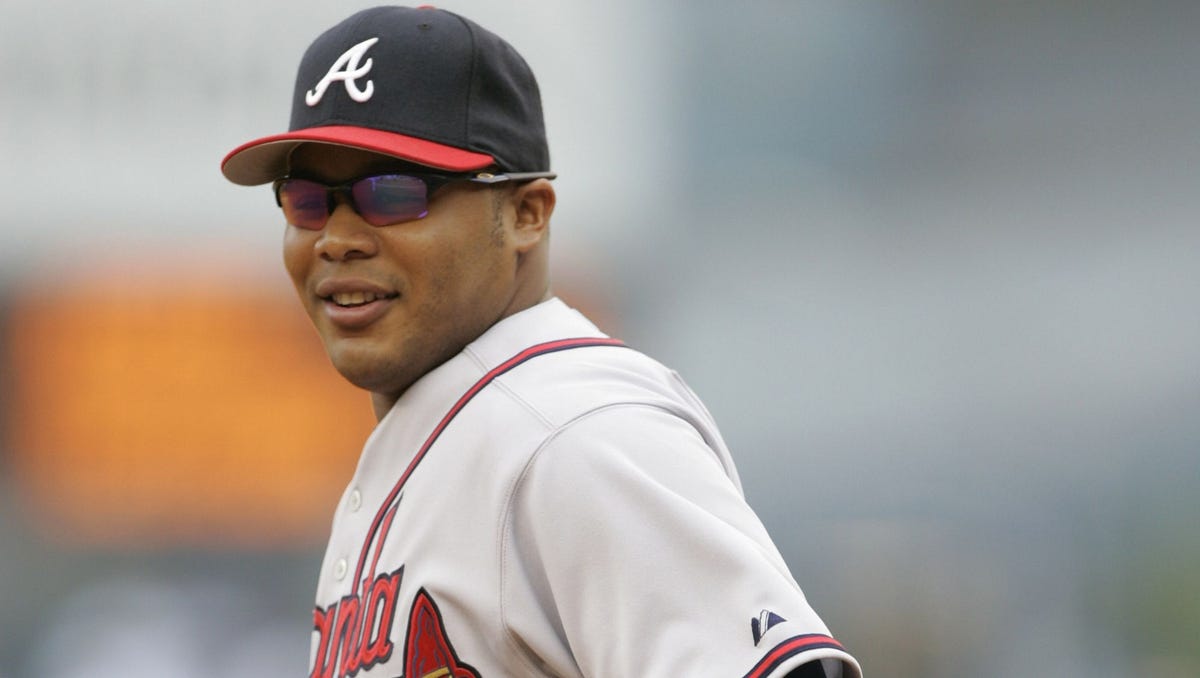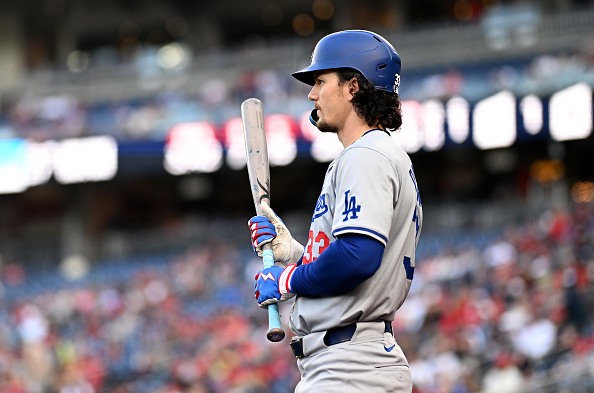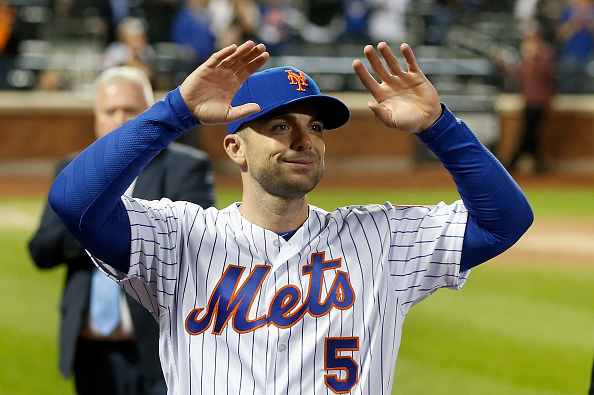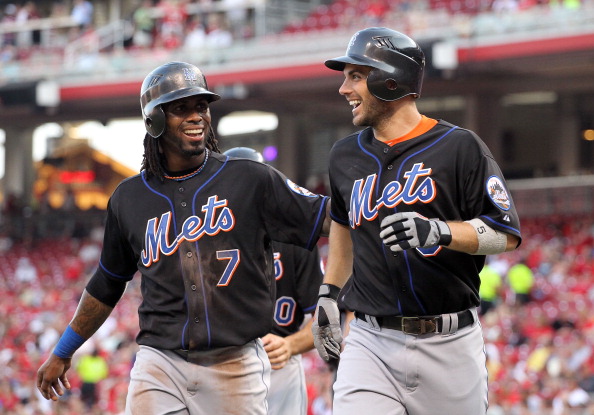The 2020 Baseball Hall of Fame ballot has been released to eligible BBWAA members to elect the next class of baseball immortals.
Derek Jeter would appear to be a slam dunk first-ballot inductee. Larry Walker is on the ballot for the final year and should expect to see a surge in votes, but it remains to be seen whether he’ll earn enough.
There is also a group of other first-time candidates that will not even be considered if a trend continues as they have the past fifty years.
Andruw Jones, Rafael Furcal, Adam Dunn, Brian Roberts, Eric Chavez, Chone Figgins, and Carlos Pena will not be elected into the Hall of Fame. Why? There have been no Hall of Fame hitters that have played since the 1960s that have less than 2,000 career base hits. That’s sixty years of baseball history, All-Stars, and Gold Glove winners that have not been enshrined in the Hall with less than two thousand hits.
There are 178 hitters enshrined in the Hall of Fame. 126 of those hitters finished their careers with 2,000 or more career hits. The most recent of these was Larry Doby who’s pioneering career concluded with 1,515 base hits on July 26, 1959.
Of those first-time nominees this year, Andruw Jones makes the most compelling argument for Hall of Fame consideration. Jones was the premier center fielder in the game the first ten years of his career earning himself ten consecutive Gold Glove awards while being names to five All-Star squads. Jones finished his MLB career with a .254 batting average, 434 home runs, and 1,289 runs batted in. However, it could be Jones’ 67 career hits shy of 2,000 that limit his induction into the Baseball Hall of Fame.
Jones is not alone as an All-Star player worthy of Hall of Fame consideration that ended his career shy of the 2,000 hits milestone. Recently retired players that have yet to reach the ballot like Chase Utley, David Wright, and Brian McCann all finished their careers under this threshold. Other former All-Stars Jim Edmonds, Tony Oliva, Lance Berkman, Dick Allen, Bobby Grich, Albert Belle, Rocky Colavito, Jorge Posada, Mark McGwire, and Thurman Munson have all been on and off the ballot. All falling short of required BBWAA votes for induction.
Before throwing around the term “Hall of Famer” with current players, you should also know Andrew McCutchen (1664), Buster Posey (1380), and Mike Trout (1324) all finished last season well below the 2,000 hits plateau. This brings us to what seems to be the root of the problem. The Hall of Fame voters has developed standards over the past fifty years that give more creditability for longevity and accumulated statistical milestones than great peak performances.
Last year, Harold Baines was elected to the Hall of Fame by the Era Committee after failing to earn enough votes on the writers’ ballot for induction. Baines induction this past summer now leaves only two qualifying players with more than 2,800 career hits not associated with PEDs or lifetime bans that are not in the Hall of Fame. Derek Jeter and Omar Vizquel. Jeter is sure to be a first-ballot inductee this year and the eleven-time Gold Glove winner Omar Vizquel who received 42.8% of Hall of Fame votes last year is on track to get in one day.
Clearly, the guys who stick around and pile up numbers are given more consideration for the Hall of Fame. Thurman Munson did not have the choice to continue his career when his life was cut short as 32 years old in his 11th MLB season. Munson would seem a logical exception is on the Era Committee ballot this year to be announced at the Winter Meetings.
I personally feel this 60-year 2,000 hits threshold will eventually be broken. The sabermetrics community is making up a growing number of the next generation BBWAA voters and they will begin to give more credit to these candidates. The Wins Above Replacement statistics alone will begin to shine more light on the careers of many players that have been passed over previously. Until then, be aware that using the term “Future Hall of Famer” with your favorite player also may require a hits threshold many greats never reach.








One Response